In prior years, this annual series covered individual apps. This year, we are looking at all-in-one solutions in addition to strategies to help in 2021. Welcome to day 8 of 21 Days of Productivity in 2021.
There is a term you hear a lot these days: Self-care. This concept is possibly one of the most critical things we need to do in a world where we are mostly working from home, social distancing, and spending a lot more time on video conferences.
And let's not kid ourselves: Self-care is hard. Even before 2020, disconnecting and letting our minds and bodies rest was no picnic. Finding a moment of peace between work, family, chores, social obligations, and so on was work in and of itself. The pressure to always be available, always weigh in on a subject or answer a question, and always be there to support friends and family has grown in the last year.

Put on your mask (Kevin Sonney, CC BY-SA 4.0)
The primary thing to keep in mind is that we cannot do any of those things if we don't take care of ourselves first. As many people in the DevOps community have noted, "Affix your oxygen mask to yourself before helping others." If we don't take care of ourselves, we won't have the energy, mental capacity, or patience to do the other things we need to do.
This is the point where a lot of people will talk about their yoga practice, or meditation, or some activity they can do every day. For me, one of the most important things is getting enough sleep. I'm one of those people who in the past proudly charged into an all-night debugging session or data migration with the battle cry, "Sleep is for the weak!" And I've paid the price for it many, many times.
There has been a lot of talk about sleep hygiene lately. Sleep hygiene means preparing your environment and habits to allow for better sleep. This preparation includes things like reducing the number of "always-on" lights (like indicators on power strips, entertainment devices, and so on) in sleeping areas, reducing or eliminating the use of mobile devices in the hour or so before sleeping (something I struggle with), and trying to have a reasonably consistent sleep and wake time (also something I struggle with). One other thing I have started doing is using a sleep tracker that links to my phone and smartwatch to get reports on how long and how well I am sleeping (sadly, the sleep tracker is not open source).

Snooze is not your friend (Kevin Sonney, CC BY-SA 4.0)
Another thing that is important for self-care is taking regular breaks. Stepping away from tasks or spending time on something completely unrelated, like journaling or tinkering with a Raspberry Pi, can be a quick way to recharge. If I'm spending time writing code, I might take five minutes to go outside or do some manual task around the house that can be done quickly. If I'm working on something really challenging, this allows me to focus on something else while my brain "processes" in the background. Additionally, if I can accomplish tasks with a fixed start and end (like the dishes), I can go back to what I was working on with a sense of accomplishment, even if it is small.
The final bit of self-care that is often discussed and difficult to do is to just disconnect for a bit. Turn off notifications, close email, and walk away. This need to disconnect has been a growing problem for an increasing number of people as the COVID-19 pandemic has progressed, and more and more interactions have gone from in-person to online. It's OK to take a break from social media, online game nights, and family video calls. It is OK to take a break from doom-scrolling through the news, politics, and work chats at all hours.
You have my permission to take some time for yourself and recharge with a small break today. And tomorrow. It will make you feel better, focus better, and allow you to help those around you more effectively.

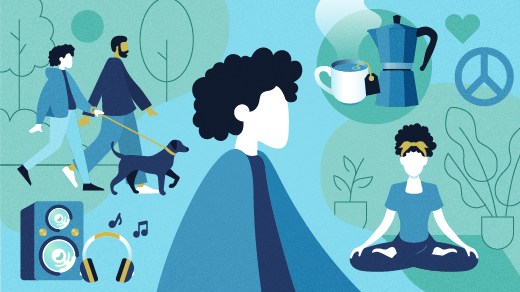
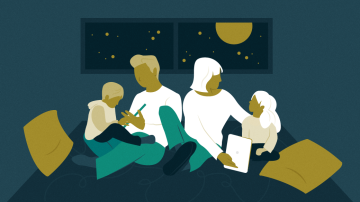
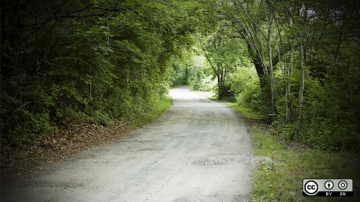
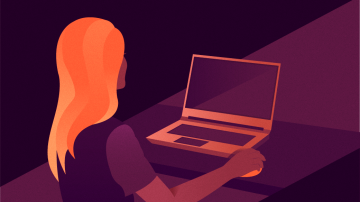


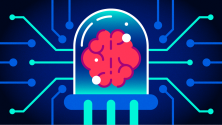
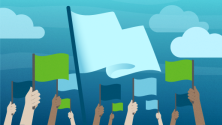

Comments are closed.